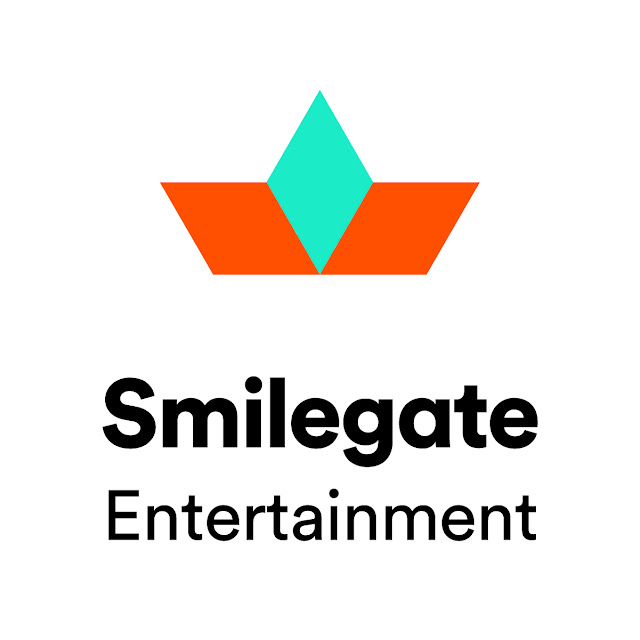An Inven article from back in October 2018 reveals some illicit details regarding labor related issues at Smilegate where employees were “forced” to resign depending on several different circumstances according to a lawmaker (Lee Jung-mi) who is a member of the Ministry of Labor Relations Commission of the National Assembly.
1) Employees who took maternity or child care leave for 6 months for example were recommended to leave. 2) For projects that were deemed “completed”, Smilegate threatened employees with acts of reprisals in the industry (both IT and gaming) if they did not accept the recommendation to resign. 3) Employees who were opposed to the introduction of a 52-hour work week (40 hours plus 12 hours of flexible but mandatory work time) and/or participated in the establishment of a union, were recommended to resign. The “recommendation” is just a wordplay since it still amounted to being forced to resign due to the fear of reprisal with being able to get another job in the industry whether it be IT (for those who worked on the backend) or gaming (like design, graphics, etc) because they wouldn’t be able to use Smilegate as a reference due to that threat of retaliation.
Tripod Studio is a subsidiary design studio of Smilegate RPG which is solely in charge of Lost Ark where a good portion of the core development team most likely were forced out once the game opened. Soft launches like OBT’s tend to fall into this category and those decisions (launch date) are made well in advance. Lost Ark OBT began on November 7, 2018 but was announced in September 2018. That announcement itself has some logistical lead time in it as well. So it’s highly likely portions of the core team were dismissed back in 2017 and then more in 2018 looking at how changes (some unwelcome by players who played all three CBT’s) happened especially between CBT2 and CBT3 for the end game content.
This would also explain why the pre-end game design felt polished (it’s where a majority of the design and production effort happened during the 7 years it was in development) and why the end game design by comparison, feels incredibly lackluster with a focus on item level gating, time gated/limited entry content, with a required material (Acrasium) that is carefully parceled out behind limited dailies/weeklies (I mentioned this criticism in the Rohendel episode update). Acrasium itself has tiers associated with it where once past a certain item level, requires a higher tiered version. The game currently has two tiers but datamining has shown a 3rd tier (tier 1 can be traded in for tier 2 and so forth) which would mean a really linear type of end game design that only the most hardcore player will continue to chase ilvl’s upwards.
I even took a brief look at the new guild vs guild map and it is one of the smallest and most uninspiring designs I’ve seen (I’m not a fan of MU Legend but even it’s GvG map is heads and shoulders above the Battlefield of Symael map that was released February 13th for Lost Ark; and I still preferred Devilian’s 20v20 map used for its GvG content). In some respects, it feels like they’ve gone to skeleton crew mode far too soon where there aren’t enough experienced personnel to manage the end game content design as well as the ongoing need for balancing the individual classes (it’s where a good deal of negative sentiment is coming from with the remaining Korean player base that hasn’t quit yet).
These sort of labor practices are unfortunately proving to be commonplace in the gaming industry beyond the contracting roles (for contractors, it is expected they will move off of a project once their services are no longer needed) not only in the US, but also in South Korea where a large number of PC and mobile titles originate from. Continuous recruitment is a thing (partially driven by competition but also for new graduates who are often times willing to take lower compensation compared to an industry veteran). It’s also a vicious cycle which leads to a lack of cohesive vision for a title as the core development teams are shuffled in/out of projects (or as in this case with Smilegate, completely out of the company).

